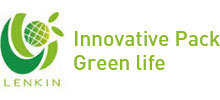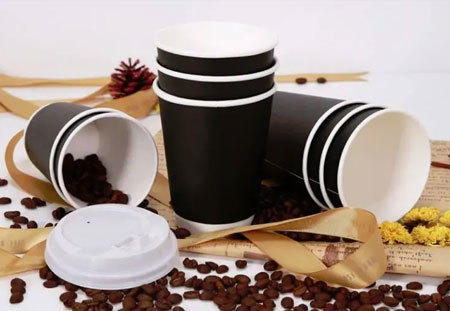Starbucks Is Following McDonald’s And IKEA In Eliminating Plastic Straws Altogether
Release time:
2024-01-18
Following in the footsteps of McDonald’s and IKEA, Starbucks announced today that it will stop using single-use plastic straws in its 28,000 stores worldwide by 2020, replacing them with strapless “suction cup LIDS” and straws made from environmentally friendly materials.
Following in the footsteps of McDonald’s and IKEA, Starbucks announced today that it will stop using single-use plastic straws in its 28,000 stores worldwide by 2020, replacing them with strapless “suction cup LIDS” and straws made from environmentally friendly materials.
Starbucks consumes one billion plastic straws a year, and the pollution caused by plastic straws is a threat to Marine life. In fact, several countries have already introduced bans on plastic cutlery, including Starbucks and McDonald’s in India from April this year.
In an effort to eliminate plastic straws, Starbucks is introducing a strapless lid similar to the Adult Sippy Cup for iced coffee, tea and espressos, among other drinks.
The lids are now being used in more than 8,000 Starbucks stores in the United States and Canada. Asian countries such as China, Japan, Singapore, Thailand and Vietnam will use the LIDS first on nitrogen drinks.
The Frappuccino will keep its existing lid, but the straws will be made from paper or compost plastic, and most of the other Starbucks cold drinks that require straws will also be made from recycled materials.
The announcement comes after Starbucks’ Seattle headquarters banned single-use straws and cutlery from all its restaurants starting July 1. Starbucks CEO Kevin Johnson said: “This is an important milestone in realizing our global vision of sustainable coffee, to serve our customers in a more sustainable way.” Plastic straws have long been a standard part of all drinks, but their popularity has fallen in recent years. It’s estimated that 500 million plastic straws are consumed every day in the U.S. alone. While many plastic straws are made from recycled polypropylene, most recyclers actually refuse to recycle them, and many end up in the ocean, where they contribute to Marine plastic pollution, according to eco-Cycle, an environmental nonprofit group.
In recent years, there has been a lot of news about Marine life dying from ingesting plastic waste. In February, a sperm whale died on a southern Spanish beach after swallowing 29kg of plastic waste and developing a stomach infection.
A world Economic Forum report last year predicted that by 2050 there will be more plastic than fish in the ocean. As the clamor to eliminate plastic waste grows, it’s natural that companies like Starbucks, which is a big consumer of plastic, will have to step up to the plate. McDonald’s voted on phasing out plastic straws at its annual meeting with investors in May, and last month it announced that it would replace all plastic straws with paper straws in its UK and Ireland stores from September.
KFC, another fast food giant, has stopped using straws with plastic LIDS in all 84 outlets in Singapore from April 20.
Even IKEA recently announced that it would phase out all single-use plastics in its stores by 2020, as a result of the EU’s restrictions.
The addition of big companies would certainly help, but it’s still a small fraction of the 335 million tons of plastic made worldwide each year, 8 million of which end up in the ocean.
Scott DeFife, vice president of government affairs for the Plastics Industry Association, said plastic straws also have legitimate and important aspects, and that simply banning them would create a false sense of accomplishment and a problem solved, which would do more harm in the long run. Scott DeFife also offers his own solution: We want to make sure that every product, no matter how small, can be properly recycled.
Like the national Geographic cover above, which highlighted the problem of plastic waste in the ocean, the problems that have surfaced so far are just the tip of the iceberg. Eliminating plastic waste is a battle between commercial interests and environmental concerns.
CONTACT US
Tel:
Address:
Mamiao Street, Mamiao Town, Huaining County, Anqing City, Anhui Province, China.
Copyright © ANHUI LENKIN PACKAGING CO.,LTD. Powered by 300.CN SEO



